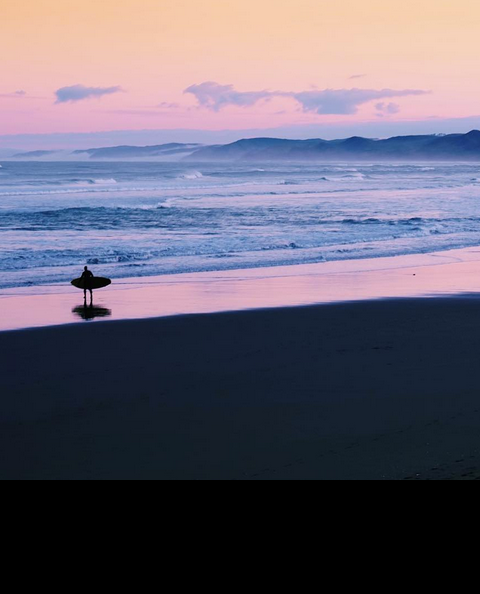
05 • 11 • 2017
Solana Beach Public Recreation Fee
When bluff and shoreline armoring are built along the coastline, they have impacts on public access and recreation both resulting from the loss of public recreational opportunities that occur through direct and indirect loss of beach area that would have formed as erosion (usually of bluffs) moves inland. This Coastal Commission decision is an important step towards securing substantial mitigation funds to offset armoring impacts in Solana Beach.
The city of Solana Beach has been working to develop a method to mitigate for the impacts that coastal structures and non-erodible seacave/notch infills have on public access and recreation since 2007. Policy 4.50 of the existing California Coastal Commission certified land use plan required that the City complete a fee study to mitigate for the impacts that coastal structures and nonerodible seacave/notch infills have on public access.
The method for calculating a fee to account for the impact of shoreline armoring to public recreation (i.e. Public Recreation Fee) varies widely statewide and has resulted in ongoing study. The City of Solana Beach has developed a mitigation methodology, known as the travel cost method, which it is proposing to incorporate into its certified land use plan through this amendment.
The San Diego Chapter has worked tirelessly for years to inform the city of Solana Beach staff as well as Coastal Commission staff to inform them of the importance of protecting coastal recreational opportunties and accurately conveying that value in their calculaitons.
At the California Coastal Commission hearing, there was one main point of disagreement in the travel cost methodology - the wage rate used to calculate the opportunity cost of a day at the beach. Solana Beach recommended using a low wage rate in the travel cost methodology of 33%. Staff argued, and were supported by the San Diego Chapter as well as San Francisco State University economist Phil King, that using a low wage rate in the equation as proposed by Solana Beach would lead to a drastic undervaluation of the beach and instead recommended that 67% of wage rate be used in the equation, which would double the public recreation fee. They also recommended increasing the number of LIDAR data points used to calculate the beach width, for a more accurate snapshot of the beach width over time.
Commissioners voted on two amendments, both of which failed. Ultimately, Coastal Commisison staff’s recommendation of using a 67% wage rate passed unanimously.
